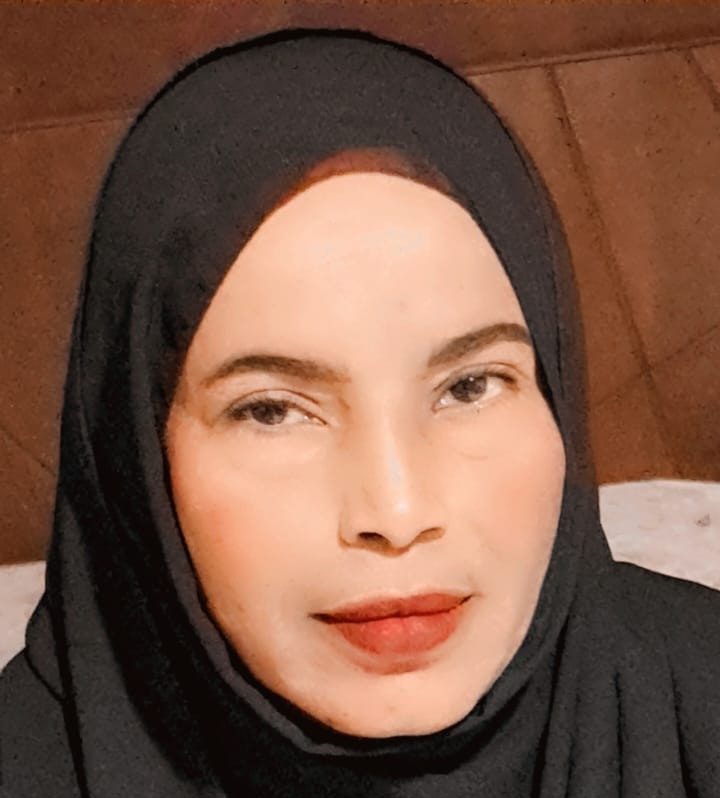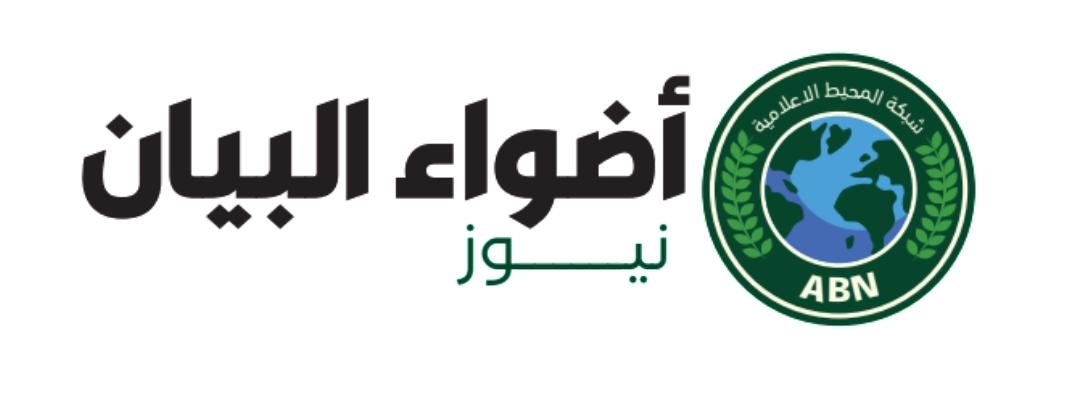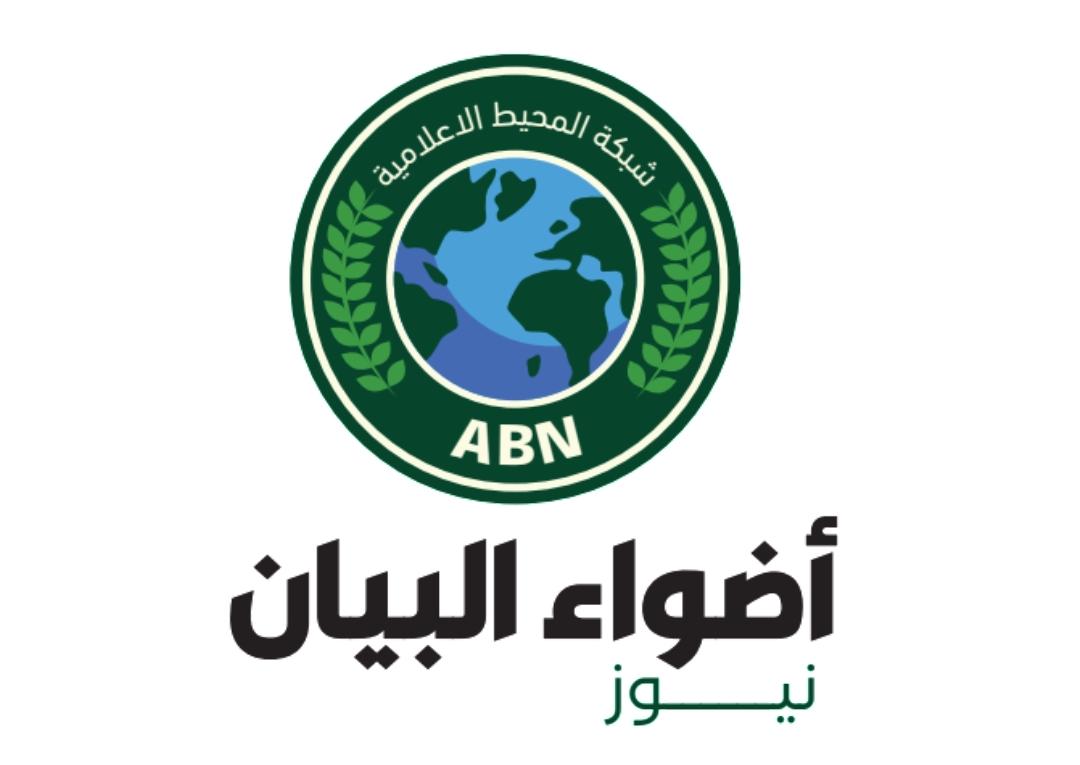
The Hour’s Talk By: Elham Salem Mansour What Do the Quartet Countries Really Want from Sudan…
and When Will the World Understand That Sudan Cannot Be Ruled by Guardianship?
Amid Sudan’s ongoing crisis, the term “The Quartet” has resurfaced, referring this time to Egypt, the United Arab Emirates, Saudi Arabia, and the United States of America—four powers trying, each in its own way, to shape Sudan’s future.
But the key question remains:
Did the Quartet come to save Sudan, or to divide influence and control its destiny?
Egypt: National Security and Shared Destiny
Egypt remains Sudan’s closest ally—geographically, historically, and strategically.
Cairo understands that Sudan’s stability is an integral part of its national security, as any chaos in Sudan directly threatens Egypt’s borders and water security.
Thus, Egypt’s approach is grounded in realism: supporting Sudanese sovereignty, strengthening the Sudanese Armed Forces, and insisting that the solution must be purely Sudanese, free from external imposition.
Saudi Arabia: The Red Sea and Regional Security
For Saudi Arabia, Sudan is a key partner in Red Sea security and a pillar of regional stability.
Riyadh seeks to de-escalate tensions and back political solutions that preserve Sudan’s state institutions, aware that prolonged war jeopardizes trade and maritime safety.
With its regional and spiritual influence, Saudi Arabia can play a genuine balancing role in promoting a national Sudanese solution.
The UAE: Economic Ambition and Strategic Influence
The United Arab Emirates has played an increasingly visible role in the Sudanese file—one that has raised questions about its neutrality.
Sudan’s strategic location and vast natural resources make it a target for geopolitical and economic ambitions.
Yet any meaningful Emirati contribution must serve the Sudanese state, not factions, for partisan support only prolongs the war and deepens suffering.
Sudan does not need new patrons; it needs partners who respect its sovereignty and independence.
The United States: Power, Politics, and Control
The United States views Sudan through the lens of global competition in Africa—particularly in the Red Sea region.
Washington’s strategy centers on limiting Russian and Chinese influence while promoting a political vision aligned with its own interests.
However, despite frequent statements, the U.S. has yet to take decisive action to stop the war or address Sudan’s worsening humanitarian crisis.
The Quartet: Between Interests and Stability
The Quartet now stands at a crossroads:
It can either act as a true force for Sudan’s stability, respecting its sovereignty and supporting its national institutions,
or become a tool for conflicting interests, worsening the crisis instead of resolving it.
Success for the Quartet will not be measured by press releases or meetings, but by its ability to empower the Sudanese Armed Forces to restore peace and relieve civilians—especially in El Fasher, a city that has become a symbol of resilience despite siege and suffering.
We reaffirm our confidence in the Sudanese Armed Forces and the honorable supporting forces, urging them to break the siege on El Fasher and restore safety across the nation.
This is not just a military struggle—it is a battle for dignity and sovereignty.
د Qatar and Turkey: Neutral Partners for Balance
Amid regional polarization, Qatar and Turkey emerge as two nations capable of playing a neutral and constructive role for Sudan’s benefit.
Both maintain strong relations with the United States while also engaging other regional powers, giving them leverage to mediate fairly.
Their history in conflict mediation positions Doha and Ankara as ideal platforms for authentic Sudanese dialogue, free from coercion or manipulation.
Their involvement does not mean alignment with any side—it means restoring balance to an overly politicized regional landscape, especially after some states have become part of the problem rather than the solution.
Sudan needs no new overseers. It needs genuine partners for peace who prioritize the Sudanese people’s interests above political or economic agendas.
A Message to the Quartet
To the Quartet nations we say:
Sudan is not an arena for power struggles nor a battlefield for influence.
Whoever truly wishes to support Sudan must respect its national will and recognize that this people—despite exhaustion and pain—will never surrender its sovereignty.
Your aid should be humanitarian, not political; your goal, unity—not division.
Sudanese Media: The Voice of the Nation, Not the Echo of Others
Amid the global noise, Sudanese national media must stand as a pillar of truth and resistance.
We, the journalists of Sudan, must raise our country’s voice, not echo foreign agendas.
Today, the word carries the weight of a weapon—it can defend, liberate, and inspire.
Through the Greater Darfur Initiative and the unwavering voice of El Fasher, we renew our vow to uphold the truth:
Sudan will not break, and it will never be ruled by outsiders.
In Conclusion
Sudan faces one of its darkest chapters, yet it will rise again—as it always has—
Proud, sovereign, and unbowed.
Amid intersecting global interests, Sudan remains the higher cause—the one that must not be sacrificed.
Sudan First… Sovereignty Is a Red Line.
Elham Salem Mansour
Journalist – The Hour’s Talk
Member, The Greater Darfur Initiative
مشاركة الخبر علي :


